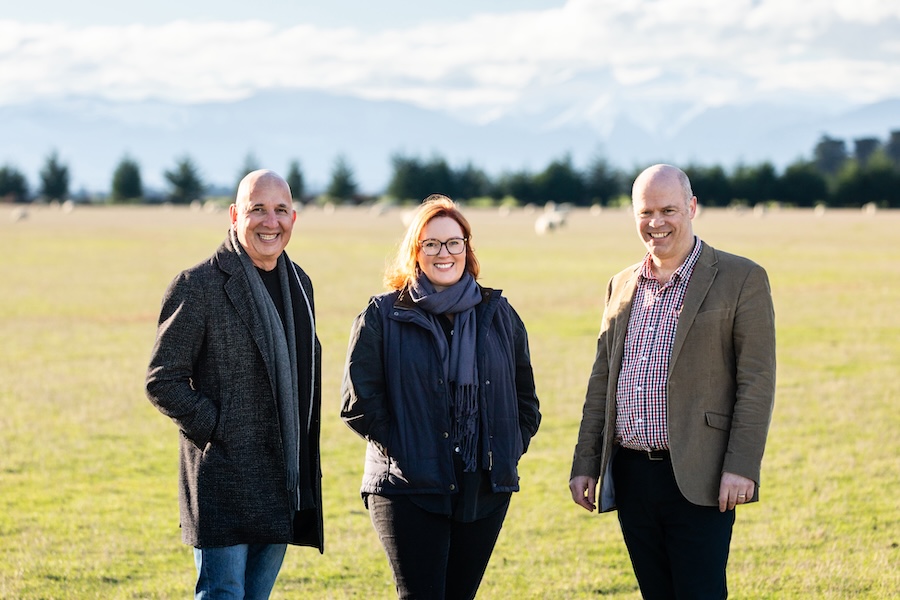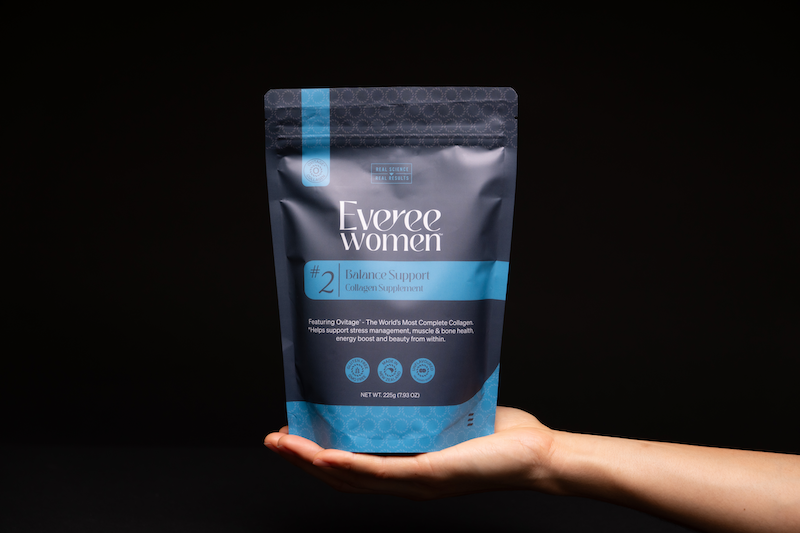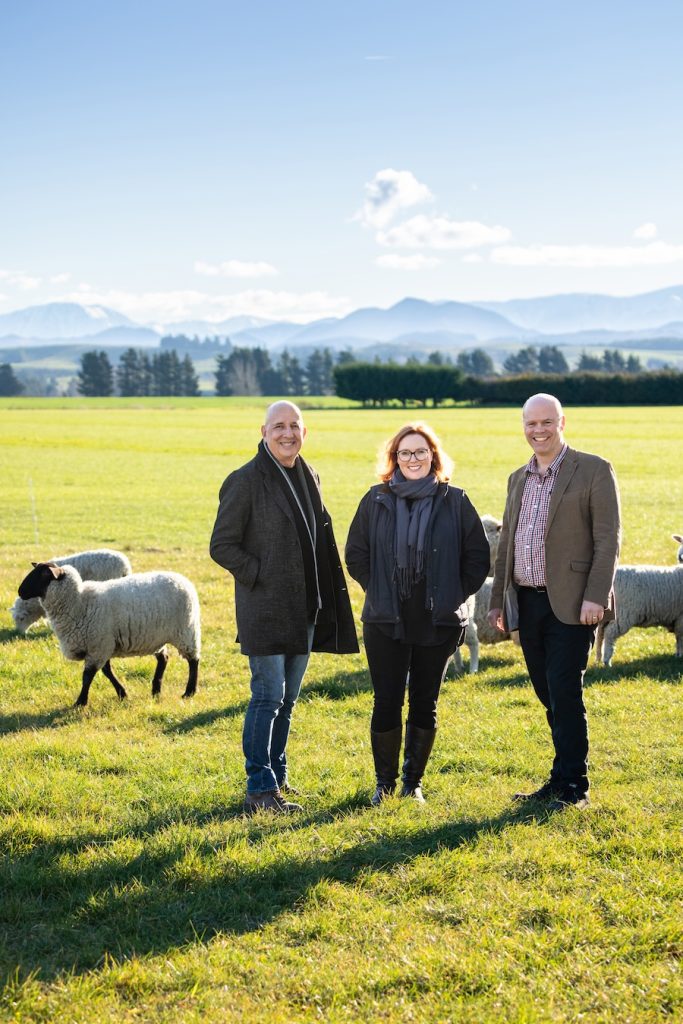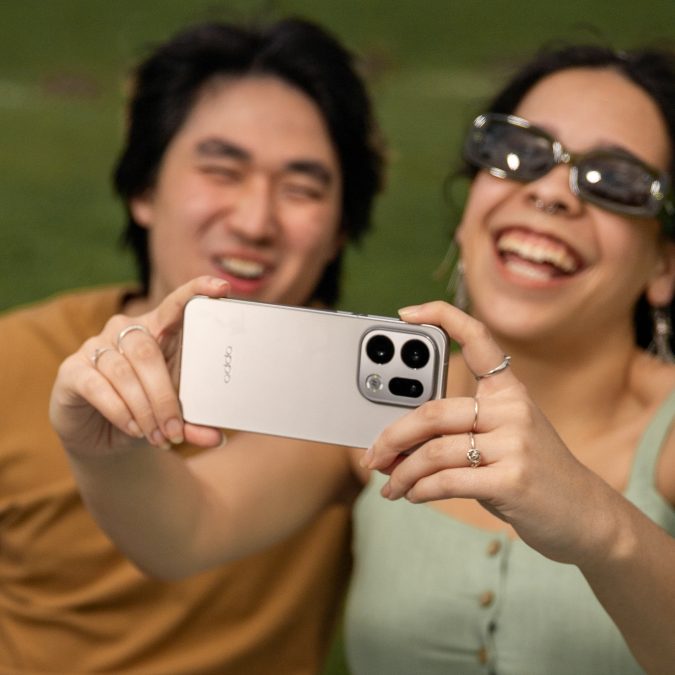
What do you get when a scientist, an entreprenuer and a manager walk into a factory?
The answer: Tertiary Extracts Ōtautahi (TEO), a company that is all about championing women’s health while being backed by science, says co-founder Paul Sapsford.
Set up in 2021, TEO takes sheepskins and turns it into collagen.
The process is obviously a lot more complicated than that: “We’re using technology and science with patented new extraction methods so we can get the best out of these sheepskins,” he explains.
Launching in the US
TEO’s collagen has a different amino acid makeup compared to other brands on the market, says Sapsford.
TEO’s branded ingredient, called Ovitage, contains cystine, tyrosine and glutamic acid. This amino acid profile works to target the gut, joints, mood, cognitive clarity and muscle strength, he adds.
After buying a factory in Ōtautahi in May last year, the company went into production in September. In that time, it has sent two orders of Ovitage over to the US.
At Fieldays earlier this year, the company also launched Everee Women, a consumer-facing brand of collagen powder that contains Ovitage. There are plans to launch this in the US next year, says Sapsford.

Making a difference
Startups are challenging but Sapsford and his co-founders, scientist Rob Kelly and senior leader Kimberely Bray, are all passionate about their work.
It helps, Sapsford adds, that all three are good at what they do.
“Kim is great at management, comes from a big company background… Rob’s got hundred of patents, 30-odd published papers, two published chapters, he’s a brilliant scientist.
“And I love sales and translating our vision into something people can buy into. So there’s motivation and then the skills and being able to pull that together.”
While all three founders have different backgrounds and areas of expertise, these all converge on making a difference for women’s health, says Sapsford.

Bray’s lived experience of perimenopause was one of the key inspirations for TEO. The founders noted: 1) that the women’s health market is typically underserved and 2) the positive benefits that can be derived from natural materials here in Aotearoa.
“The products that are available for them are more skewed towards appearance and beauty. So most nutritional products have been designed by men for men, and we can put a pink label on them but that doesn’t mean they’re specific to the requirements of women,” says Sapsford.
“So we know that we can make really good, effective products that have an impact on people’s lives and we want to be able to do that for women by supplementing and assisting with some of the signs of menopause.”
Circular economy
Sapsford is particularly driven by the idea of the circular economy and creating products that add value.
“If we’re going to be growing animals, and it might be controversial but we’re not going to stop any time soon, let’s use and respect all of the animal,” says Sapsford.
Sheepskins don’t really have a use in this day and age, but they have high nutritional value, he adds. To add even more incentive to reduce waste, the skins are highly toxic if they end up in landfill.
“By turning it into something that has real value and that people want, that’s respect for the animal, that’s using all of our resources.”
The company now has a permanent team of about 20 people. Sapsford says that it has also been working to encourage more young people into STEM jobs.
“When you do a science degree, you don’t necessarily expect to be wearing white coats and boots and hair nets, but we are doing proper chemistry in 12,000 litre tanks.”




